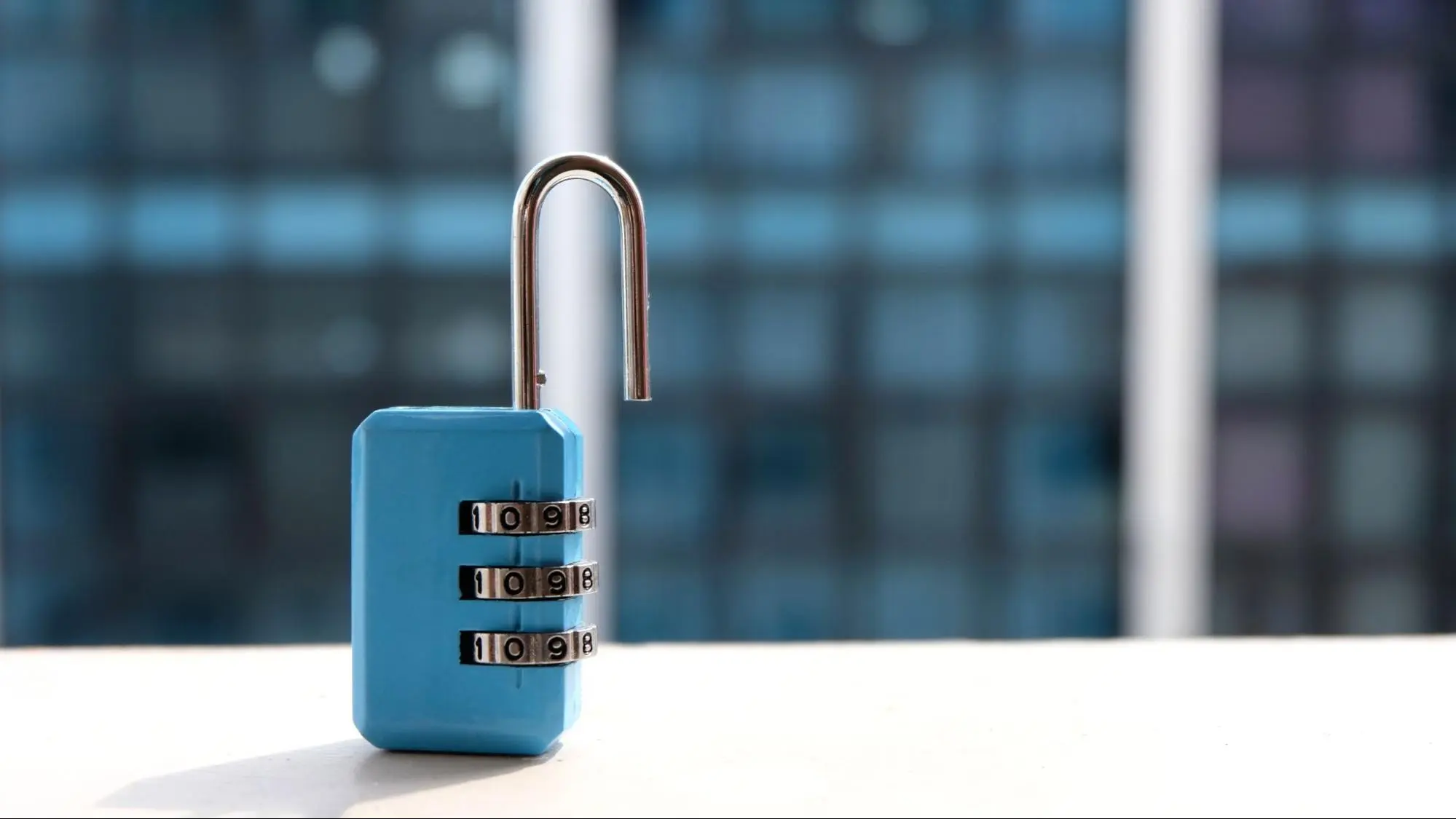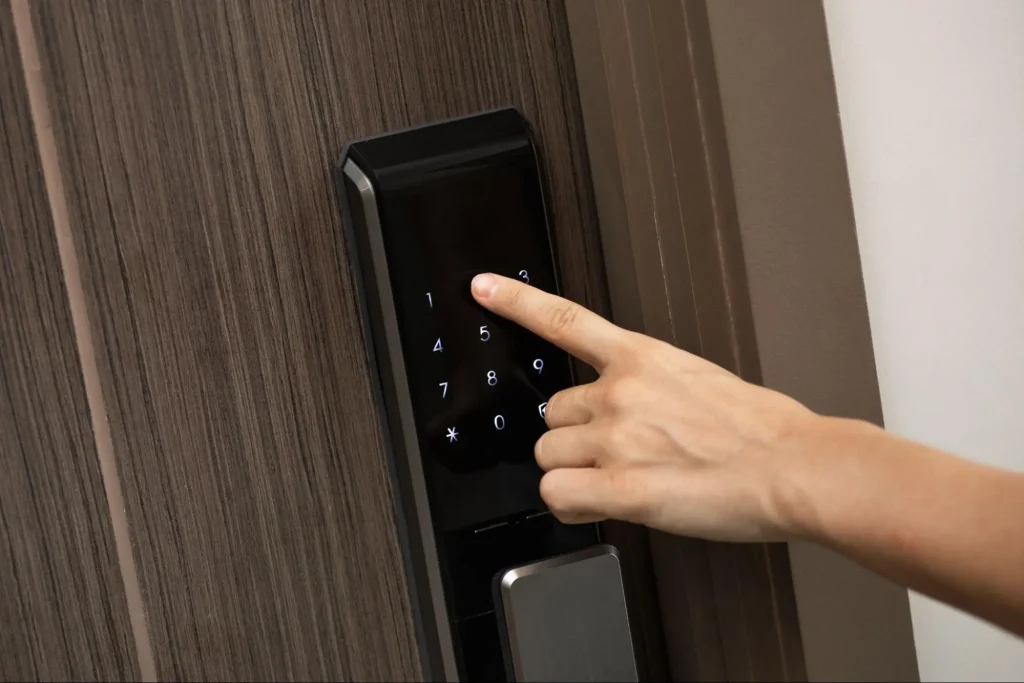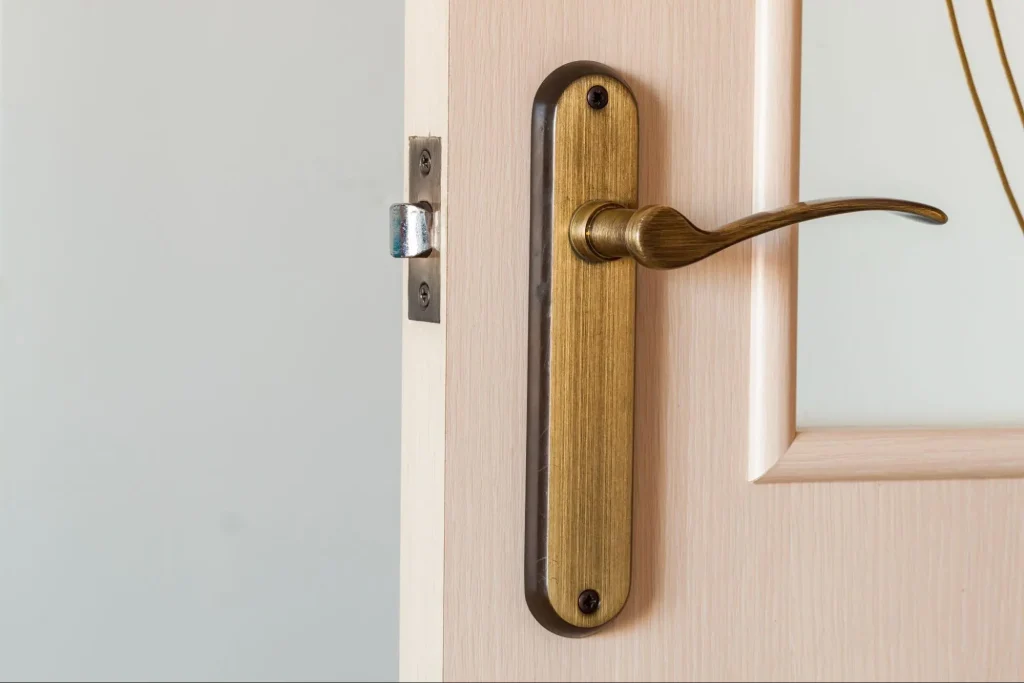
When it comes to securing your home, nothing is more fundamental than choosing the right lock. From guarding your family’s safety to protecting your valuables, locks form the frontline of defense against intruders. However, with the myriad of lock types available on the market, selecting the most suitable one can be overwhelming. This guide will walk you through the top five lock types, outlining their features, benefits, and best-use scenarios. We aim to empower you with the knowledge to make an informed decision and fortify your home with confidence.
Deadbolt locks are renowned for their robust security. Unlike spring-bolt locks that can be easily retracted, deadbolts offer an extra layer of protection because they can only be unlocked by rotating the key. This feature makes them exceptionally resistant to forced entry.
Mortise locks are a classic option known for their versatility and durability. Installed within a mortised pocket in the door, they include a lock body, lever, and key cylinder. Their comprehensive design allows them to be tailored to specific security requirements.
With high humidity levels, bathrooms benefit from paint that can resist moisture to prevent mold and mildew. A semi-gloss finish is ideal for walls in this environment, ensuring surfaces are more water-resistant and durable in the long term.

As technology continues to evolve, smart locks are becoming increasingly popular. They offer remote control via mobile apps, voice assistants, or even biometric recognition, blending convenience and security seamlessly.
Keyless entry padlocks offer a modern solution to securing outdoor structures without traditional keys. These locks use combination dials or smart technology, making them a convenient option for external security.

Lever handle locks combine functionality and aesthetic appeal, featuring a simple push-down handle mechanism. They are popular for home interior doors where ease of use is essential.
Selecting the right lock type is critical in safeguarding your home and family. Each lock type has its distinct advantages and ideal use cases. Understanding these differences allows you to match the right lock to your security needs. Kaminskiy Care and Repair is your trusted partner in achieving optimal security for your home. Our expert team provides comprehensive consultation, installation, and maintenance services for all lock types to ensure your peace of mind. Whether you are upgrading to smart locks or need guidance on traditional lock systems, we are here to help. Contact us today and start building a secure future.
A deadbolt is operated by a key or thumb turn and cannot be retracted unless manually unlocked, making it more secure. A spring-bolt lock uses a spring to hold the bolt in place and can be easily manipulated using tools.
While smart locks can be susceptible to hacking, choosing a high-quality lock with strong encryption and regular firmware updates significantly minimizes risks.
Yes, many homeowners use different lock types for various entry points depending on their security needs. For instance, deadbolts for main entrances, keyless entry padlocks for outdoor sheds, and lever handle locks for interior rooms.
It’s advisable to change locks every few years or after significant events like moving into a new home or losing a key. Periodic upgrades to newer lock technologies can also enhance security.